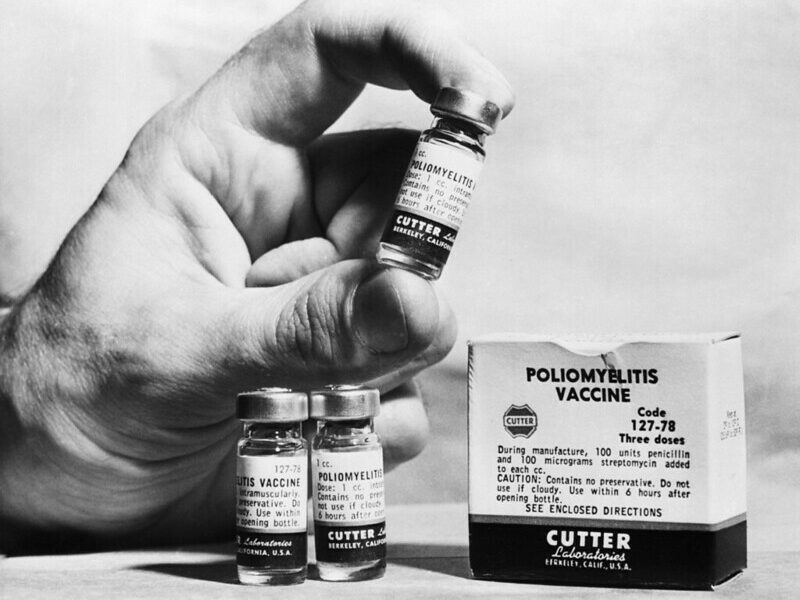The Spanish National Research Council’s National Center for Biotechnology recently released details from the phase one clinical trial of the MVA-B vaccine against HIV, the virus that leads to AIDS. In a study of 30 healthy volunteers, 90 percent of those receiving the vaccine showed an immunological response, meaning their immune system was able to recognize HIV and develop antibodies specific to HIV that attack the virus. The HIV genes used in the vaccine cannot self-replicate, so there was no risk of volunteers contracting HIV from the vaccine.
The MVA-B vaccine is a therapeutic vaccine, intended for HIV-positive people as a way to control the disease. Because the vaccine is still in early stages of development, it is not yet known if the immune response generated is actually strong enough offer real protection. Still, experts called the study “a step in the right direction.” The team will soon conduct further clinical trials on HIV-infected volunteers to determine if the vaccine can reduce the viral load, or the amount of virus in the volunteer’s system.
While the prospect of a vaccine against HIV/AIDS is certainly exciting, there is good reason for caution. Researchers have been working on HIV vaccines for years and have yet to develop an effective vaccine due to the virus’s ability to rapidly mutate. Additionally, most trials thus far have been very small, so it is unclear how effective such vaccines could truly be on a larger population. Even if a successful therapeutic vaccine is found, it is unlikely to be able to completely cure the disease or even eliminate the need for expensive antiretroviral drugs.
For more information on the state of HIV vaccine development, visit the International AIDS Vaccine Initiative, the Global HIV Vaccine Enterprise, and the HIV Vaccine Trials Network.
